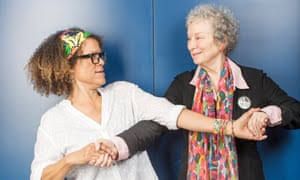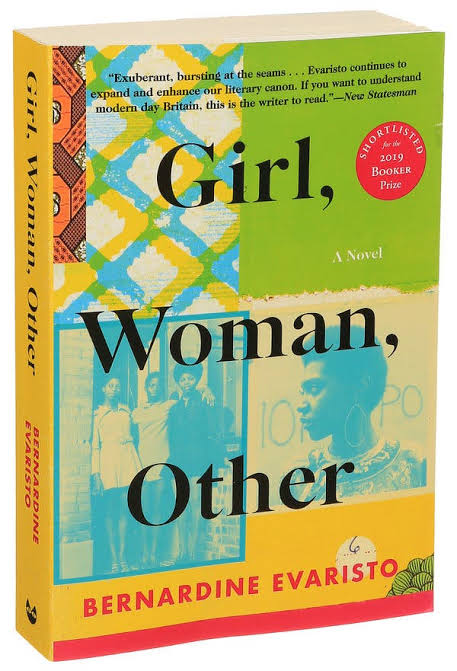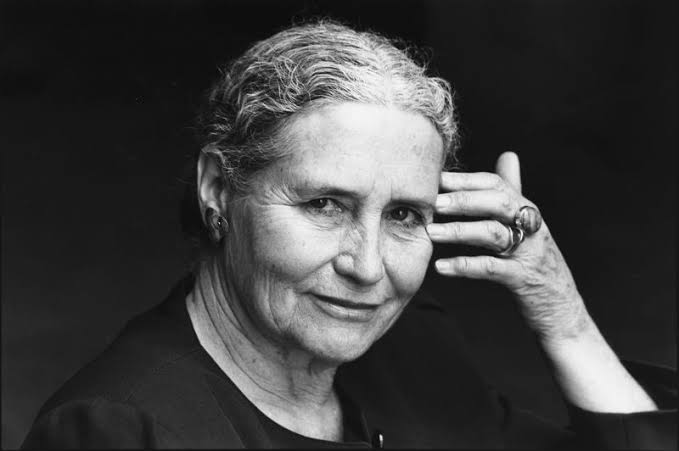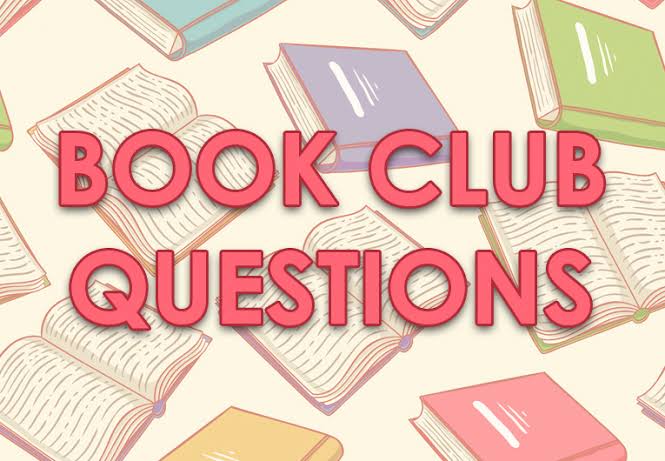
Girl, Woman, Other Book Review
I read Bernadine Evaristo’s Girl, Woman, Other after she had already jointly won the Booker Prize with Margaret Atwood for The Testaments. I’d been intrigued to know what text would merit being considered equal to The Testaments as I had expected Atwood to be the lone winner (don’t think there is any doubting that it would have been wrong to not acknowledge the exquisite accomplishment of Margaret Atwood’s fabulous sequel to the Handmaid’s Tale.) As Evaristo says herself in this interview, who better to share the Booker with than Atwood.
Anyway, Evaristo did not disappoint. Far from it. Why have I never read any of her other books? Rather, I was blown away by the prose. It isn’t a poetry in verse, not quite, but it is beautiful to listen to. Reading the text made me intrigued to know more about the author as I was staggered by the incredible insight she has into humanity. It sounds a bit pretentious, but her writing really is a tour de force (a phrase she mocks at one point in the book) and like no other I have discovered in recent years. Exploring the lives of four groups of women she addresses just about every ‘woman’s issue’ (I use the phrase deliberately ‘tongue in cheek’) I can think of. From motherhood to sexuality, to ambition to regret – it is all there. I don’t know if I should admit this, as it perhaps shows my incredible naiveity that I didn’t actually think about the centrality of race until I read Evaristo’s own comments on this.
The links within the groups of women are significant and the links between those groups exist in the same way that unlikely connections and correlations occur in life, simultaneously realistic and incredulous.

Bernadine Evaristo – the best writer to emerge since Doris Lessing
The text is profoundly modern in both content and style, yet at the same time to me it felt part of an established tradition of women writing about other women with incredible insight and expertise. Doris Lessing springs to mind as an author that Evaristo is worthy of comparison to. In my eyes that’s high praise indeed. I hope she would be flattered by the comparison.

Girl, Woman, Other as a Contemporary Text
The text in parts oozes satirical cynicism. There are passages galore that put different sectors of society firmly in its place. For example, page 408 made me smile, grimace and in part feel ashamed in equal quantities. It concisely describes lefty students selling out in their pursuit of over paid dodgy corporate jobs, becoming raging Tories, with no sense of community responsibility and refusing to pay their taxes in the name of philanthropic intention. You have to read it to see just how well Evaristo writes.
Yet at other times Evaristo is hopeful and demonstrates the potential of who we are and who we can be. The younger generation are probably portrayed more sympathetically than the rest, with Yazz and her rites of passage into adulthood being both comfortably similar to what we might know and at the same time disturbingly alien. Morgan’s exploration of who she is and her transition from Megan to Morgan perhaps being the story that touched me the most, perhaps because of its acknowledged contemporariness. Other stories are wonderful too and the complexities of who we are and from where we come are never taken for granted. The DNA profiling used to explore racism being a stroke of genius as a writing tool and a great finale to the book.

Book Club Questions about Girl, Woman, Other by Bernadine Evaristo
1) Evaristo says that she has no problem acknowledging herself as a Black British woman and writing from this perspective. Which fictional character in the book do you think has the most or least awareness of their own personal identity?
2) Which character in the text has the greatest sense of ‘entitlement’? Why do you think this?
3) Which relationship in the book do you find most credible and why? Which relationship do you find least credible and why?
4) What ‘social’ or ‘political’ issue did you feel you became more knowledgeable about after reading the book?
5) The stories of the women in the book frequently overlap, yet it is possible to read the different sections as mini-books in their own right. To what extent do you think the whole text needs to be read to truly understand the issues explored in it.
6) How sympathetically do you think men are portrayed in the novel? Do you have any comment about whether they are under represented in the text, which is a criticism that could be made about the book.
7) Shirley’s mother sleeps with her husband and is never found out? How did you respond to this betrayal?
8) There are many betrayals in the book. What, in your opinion do you think is the greatest betrayal and why?
9) If you could be friends with any character in the book who would you choose and why?
10) Would this book have won the Booker ten years ago? Why or why not?
Book Club Questions for the attendee who didn’t read the book!
1) The ‘older generation’ are often excused for not understanding transgender issues and labels such as ‘binary’. Is this an acceptable position to hold?
2) Carole failed to thank her teacher for helping her ‘get ahead’ in life. Is there a teacher who you should have thanked and didn’t in your life? What did they do to help you?
3) Dominique spends many years berating herself for ‘staying in an abusive relationship’ with another woman. Why do women, (if they do, and if you don’t think they do let’s explore this) still blame themselves for the abuse imposed on them.
4) Evaristo talks about her writing style as a fusion of prose and poetry. She is free and easy in her use of capitalisation and punctuation. To what extent are you a traditionalist regarding spelling, grammar and punctuation?
5) Can the claim that a text is a book for a female audience or a book for a black female audience ever be a legitimate one?
Girl, Woman and Other as a Five Star Text
An original writer and a super ‘reader’ of people and the relations between them. I unreservedly recommend this book as a 5 star text.